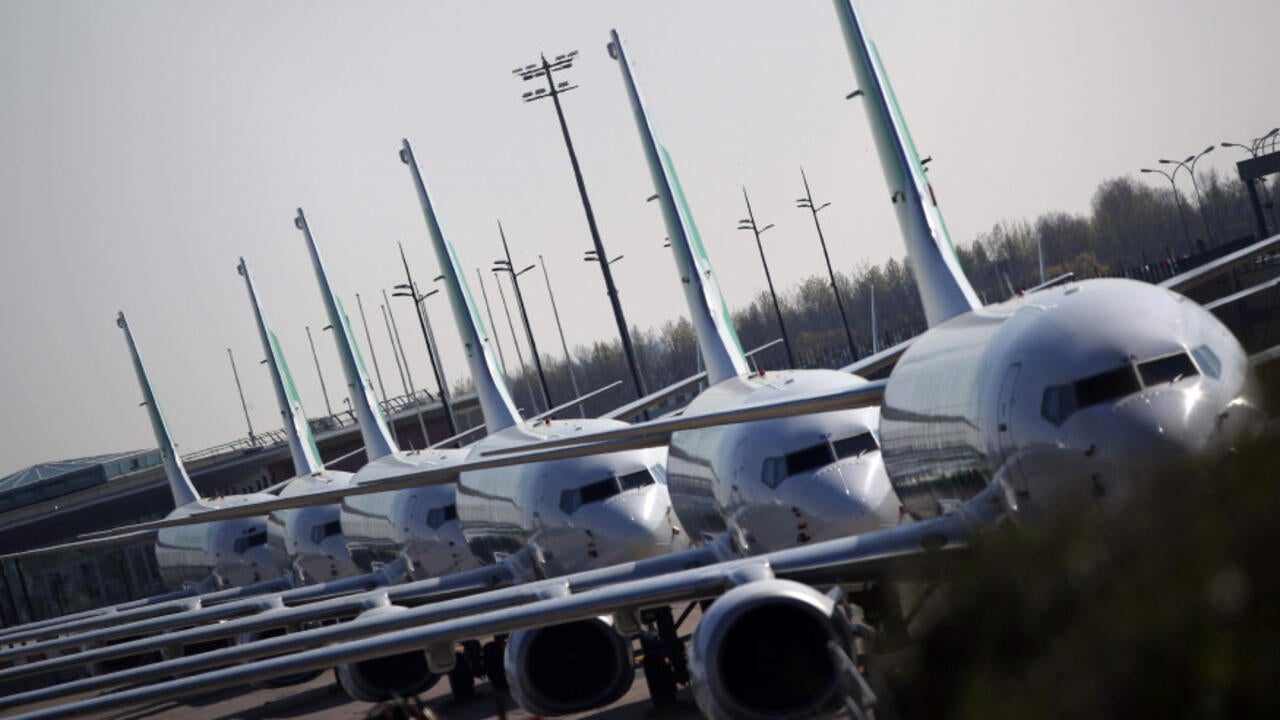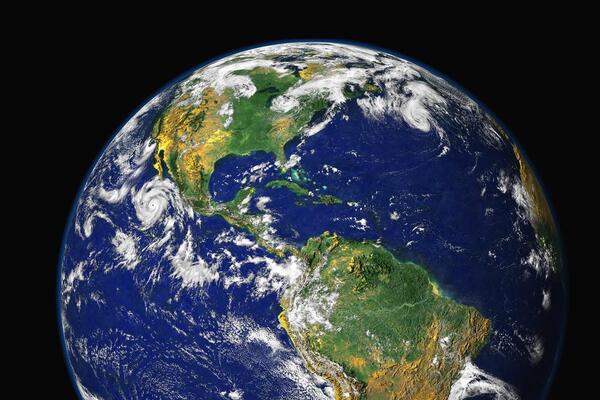
Q and A with the experts: a long, hard recovery for international tourism
The global tourism industry should brace for major losses in 2020 according to the World Travel and Tourism Council.

The global tourism industry should brace for major losses in 2020 according to the World Travel and Tourism Council.
By Media RelationsThe global tourism industry should brace for losses of up to US$2.7 trillion and over 100 million job losses in 2020 according to the World Travel and Tourism Council.
Daniel Scott is an expert in international tourism and has recently published new findings on the future of the industry. He answers our questions below.
What will happen to international tourism in 2020 and beyond?
COVID-19 and our collective response has been catastrophic for an industry built on travel and people getting together. Never before has the global tourism economy been paralyzed so severely and so rapidly. At the end of April over 95% of the world was living under partial or full international and domestic travel restrictions, major events were cancelled worldwide, and hotel occupancy rates plummeted.
In the longer-term travel will be back, but the pandemic will transform tourism. Flying will not be the same for years, and perhaps is forever changed. New cleaning standards are emerging at hotels, cruise ships and attractions. Our collective forced experience with work from home and virtual meetings will alter the nature of work and business travel. Traveler anxiety will continue for some time and multi-generational family trips are likely to be on hold.
Will COVID-19 affect countries equally?
Domestic tourism will lead the recovery and with bilateral international travel ‘bubbles’ and ‘corridors’ emerging in places like New Zealand, Australia and Europe, other countries will be left behind.
Tourism dependent countries like those in the Caribbean will see their economies setback for years. We’re already seeing acts of desperation. For instance, Sicily is offering to pay for 50 per cent of flight and accommodations to bring people back.
Is there any good news for tourism?
Covid-19 will cast a long shadow on tourism, but we’re already seeing signs of a revival of domestic tourism in major markets and Canada’s governments need to prepare for this by helping businesses and destination communities get ready for a large increase in domestic tourists. Staycations will keep thousands of our tourism businesses alive in a pre-vaccine era and governments need to support this reduction in our international travel deficit with clear guidance for businesses and travellers, new ‘stay safe’ cleaning standards and consideration of safe ‘tourism zones’.
The pandemic has highlighted many unsustainable aspects of global tourism and this crisis provides an opportunity for governments, industry, and travelers to rethink the future of tourism.
The University of Waterloo has a number of experts available for comment on various aspects of the COVID-19 pandemic, click here to see the up-to-date list.

Read more
What is it, and does it really work?

Read more
Many COVID-19 cases have been reported through community transmission, with 81 per cent of COVID-19 cases in Canada likely spreading this way.
What can be done to track the spread of COVID-19 on surfaces in our community?

Read more
All over the world, the earth appears to be healing – but are these changes permanent? What happens when the world goes back to work?
The University of Waterloo acknowledges that much of our work takes place on the traditional territory of the Neutral, Anishinaabeg and Haudenosaunee peoples. Our main campus is situated on the Haldimand Tract, the land granted to the Six Nations that includes six miles on each side of the Grand River. Our active work toward reconciliation takes place across our campuses through research, learning, teaching, and community building, and is co-ordinated within the Office of Indigenous Relations.